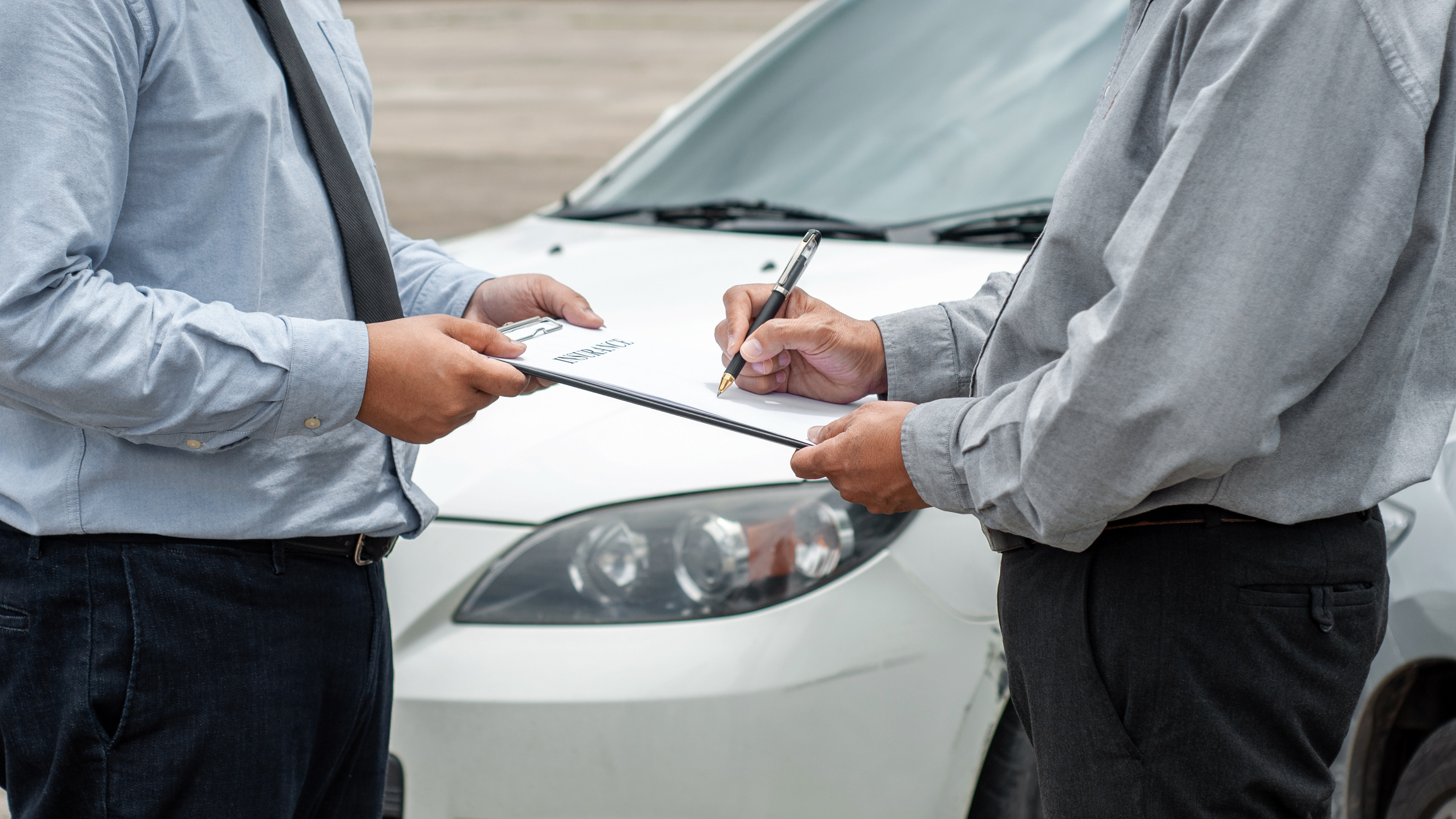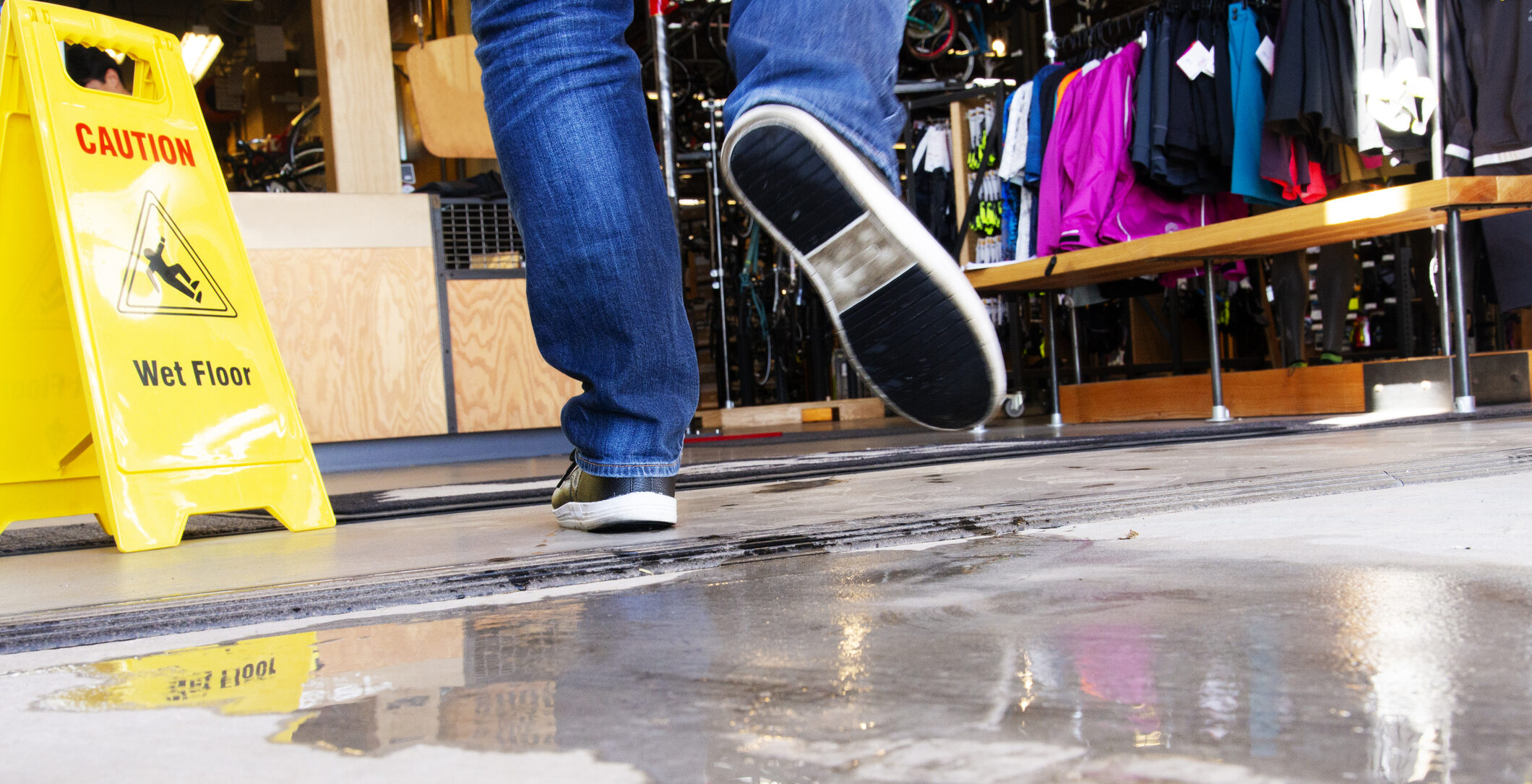What is No-Fault Insurance?
Florida’s no-fault insurance system is unique compared to many other states.
Under this system, drivers rely on insurance policies to cover certain expenses after a car accident, regardless of who caused the crash.
While no-fault insurance is intended to simplify the claims process, it can also create confusion, particularly in cases where damages exceed the policy limits.
Understanding how Florida’s no-fault insurance works is essential for pursuing car accident claims effectively.
How Personal Injury Protection Works
Personal Injury Protection (PIP) insurance is the foundation of Florida’s no-fault system.
PIP is mandatory for all drivers in Florida and covers certain expenses after an accident, regardless of fault. Florida Revised Statutes § 627.736 outlines the provisions of PIP insurance under Florida’s no-fault law, requiring insurers to provide medical, disability, and death benefits regardless of fault, with specific limitations and conditions for coverage and reimbursement.
The law requires drivers to carry a minimum of $10,000 in PIP coverage in Florida.
However, this amount is often insufficient to cover severe injuries or extensive medical treatments.
PIP is designed to provide quick access to funds for immediate needs, not to address long-term or catastrophic damages.
PIP insurance covers a range of accident-related expenses, including:
- Medical bills: PIP pays for 80% of necessary and reasonable medical expenses related to the accident, such as hospital visits, surgery, and rehabilitation.
- Lost wages: If your injuries prevent you from working, PIP can cover up to 60% of your lost income.
- Replacement services: PIP may pay for services like housekeeping or childcare if you’re unable to perform them due to your injuries.
- Death benefits: In the event of a fatal accident, PIP provides up to $5,000 in death benefits to the deceased’s family.
While PIP offers broad coverage, it does not address non-economic damages like pain and suffering, leaving some accident victims seeking additional legal remedies.
When Can You Sue Outside of No-Fault?
Florida’s no-fault insurance system limits your ability to sue the at-fault driver. However, there are exceptions to these restrictions for cases involving more severe injuries or damages.
Florida Revised Statutes § 627.737 allows for tort claims in motor vehicle accidents despite Florida’s no-fault system, permitting recovery for pain, suffering, mental anguish, and inconvenience only if the injury meets specific thresholds.
Serious Injury Threshold
The injuries must meet Florida’s serious injury threshold to file a claim outside the no-fault system by bringing a claim against an at-fault driver.
Under Florida law, this includes:
- Life-altering or permanent loss of a bodily function.
- Permanent injury is established by experts proving a reasonable degree of medical probability.
- The victim was left with visible, significant, permanent scars and disfigurement.
- Death.
Meeting the serious injury threshold allows you to pursue compensation beyond what PIP covers, including damages for medical expenses, lost wages, and more.
Non-Economic Damages
Non-economic damages, such as pain and suffering, mental anguish, and loss of enjoyment of life, are not covered by PIP.
If your injuries qualify under the serious injury threshold, you may file a lawsuit to seek compensation for these damages.
Non-economic damages often account for a significant portion of the recovery in serious accident cases.
Common Challenges with PIP Claims
Although PIP is designed to provide quick and efficient coverage, many accident victims encounter challenges when filing claims.
Delays
Insurance companies may delay processing your PIP claim, leaving you waiting for the funds needed to cover medical bills and other expenses.
These delays can be incredibly frustrating when you are dealing with painful injuries and severe financial stress after an accident.
Denials
Insurance providers sometimes deny PIP claims, arguing that the medical treatment was unnecessary or that the injuries were unrelated to the accident.
Such denials can force you to gather additional documentation or appeal the decision, further delaying compensation.
Lowball Offers
Even if your claim is approved, insurers may offer less than you need or deserve.
Lowball offers are a common tactic to minimize payouts, especially when victims are unfamiliar with the actual value of their claims.
Insurers may pressure you to accept an offer quickly, but doing so could leave you without adequate funds for ongoing medical care or lost wages.
Important Steps After a Car Accident
Taking the right steps after a car accident can significantly impact the outcome of your claim, whether it’s a PIP claim or a lawsuit against the at-fault driver.
Reporting the Accident
Florida law requires drivers to report car accidents involving injuries, death, or property damage over $500 to law enforcement.
Filing a police report creates an official record of the accident, which can be valuable evidence for your claim.
Working with Your Insurer and Legal Counsel
- File a PIP claim: Notify your insurance company as soon as possible after the accident. Florida law requires you to seek medical treatment within 14 days of the accident for your PIP benefits to apply.
- Document everything: Keep detailed records of your medical treatments, lost wages, and other accident-related expenses. This documentation is essential for supporting your claim.
- Consult an attorney: An experienced car accident attorney can help you with the complex legal issues of Florida’s no-fault system, challenge unfair insurance practices, and determine whether you have grounds to file a lawsuit against the at-fault driver.
By taking these steps, you can protect your rights and increase your chances of receiving fair compensation for your injuries and damages.
Legal Advocacy for Car Accident Claims in Florida
Florida’s no-fault insurance rules are designed to simplify the claims process, but they often leave accident victims facing challenges when seeking adequate compensation.
Understanding how PIP works, when you can sue outside of the no-fault system, and the steps to take after an accident are essential for protecting your rights.
Contact Linton Robinson & Higgins, LLP at 786-882-7316 in Miami and 332-241-9036 in New York City for a free consultation.




